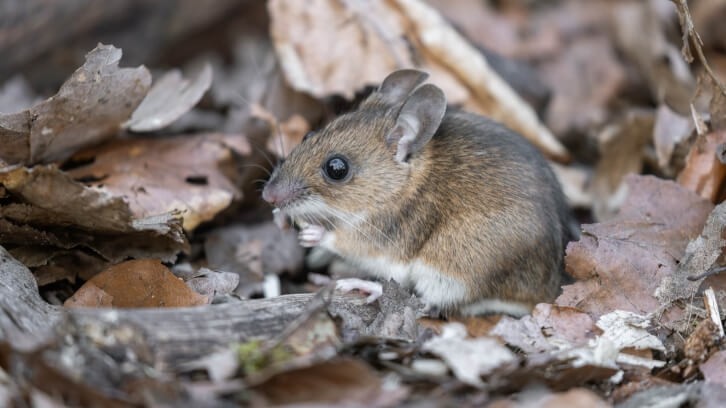LICENSING HUB - LEGAL WITH POPPLESTON ALLEN
Mice on the move

With the temporary or permanent removal of some of their established sources of food, these little creatures have been forced to look further afield for sustenance.
I do wonder whether it is as a result of this, along with other factors, that we seem to be experiencing more identified infestations in licensed premises.
The cost pressures to which licensed premises have been subjected, both as a result of the pandemic and, indeed, a whole range of other recent developments, have impacted negatively upon the industry.
Unfortunately none of this in any way lessens the obligations which are placed upon operators of licensed premises by virtue of the food safety legislation and regulations.
Thorough examination
Investigations in this area can arise as a result of a random inspection or indeed as a result of a customer complaint, such as the sighting of a mouse within a restaurant. What inevitably follows is thorough examination of the premises with particular focus upon the food preparation areas i.e. the kitchen. If evidence of mice is found then there is a risk that the premises are immediately closed by virtue of a hygiene emergency protection notice following a determination by the relevant environmental health officer (subsequently ratified by a court) that there is an imminent risk to public health. This will almost inevitably occur where evidence of an infestation is found.
While the carrying out of a thorough deep clean of the premises together with whatever remedial proofing works are required to ensure no further ingress of rodents may allow the premises to reopen, that is unlikely to be the end of the story.
Often several months later, notification will be received by the operator of the intention to conduct an interview under caution to examine the failures in systems, training etc which gave rise to the infestation in the first place.
This is an important part of the investigative process from the operator’s point of view. It presents an opportunity to fully investigate what has happened and to demonstrate the (hopefully!) extensive systems of training, cleaning, auditing etc which are in place to prevent this sort of occurrence. It is also an opportunity to provide details of any remedial action which has subsequently been undertaken to minimise the likelihood of a similar situation arising in the future. Legal advice is imperative at this stage to ensure that the operator’s case is presented as comprehensively as possible in the hope that prosecution may be avoided.
Business risks
The risks to the business are significant and beyond the impact of the initial closure which is likely to have taken place. New sentencing guidelines have been in place for the last few years requiring ‘a message to be sent to the board’ in terms of any financial penalty to be levied. This means that fines can run to tens or even hundreds of thousands of pounds depending upon the size of the organisation involved as well as a multitude of other factors including the levels of culpability and harm which are identified within the investigation.
All of this is further exacerbated by the risk of significant adverse publicity for the business and the risk that customers, both existing and potential, will be deterred from visiting the premises.
In conclusion, operators therefore need to be robust in their attitude to food safety, with rigorous systems of prevention and inspection to make sure that the local rodent population ventures elsewhere.
- Graeme Cushion is a partner at Poppleston Allen







